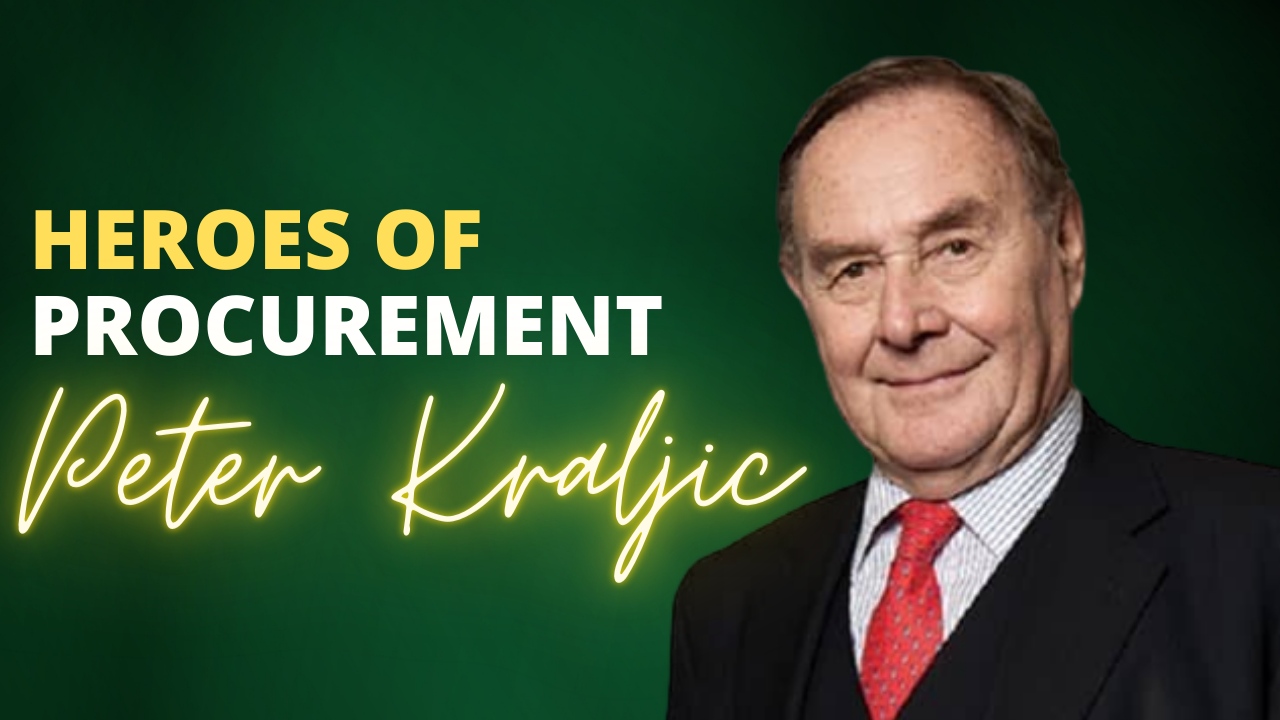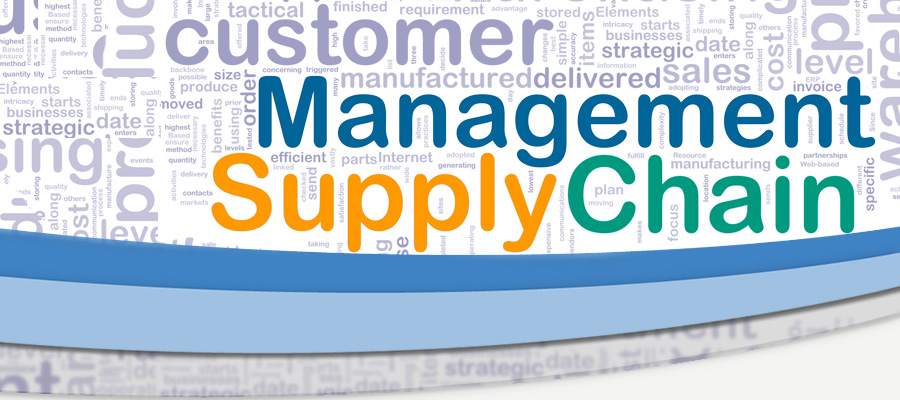Peter Kraljic is probably the most famous procurement practitioner of the last 100 years.
In the 1980’s, he developed a quadrant view of supplier spend vs. risk that helped companies focus on more strategic relationships. This quadrant is frequently called the Kraljic Matrix.
This video go deeper into the matrix and also the man.





